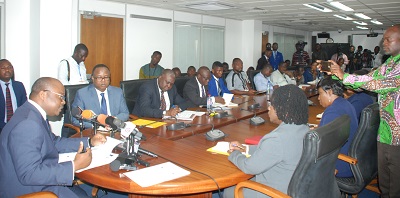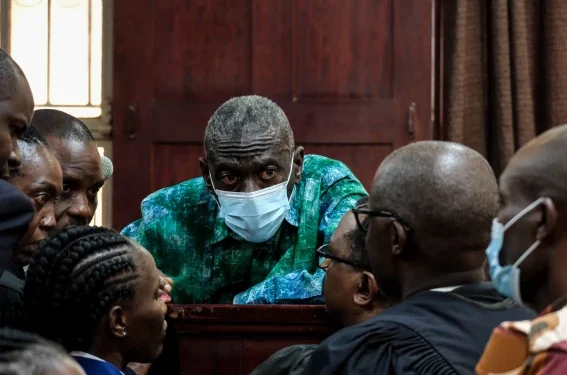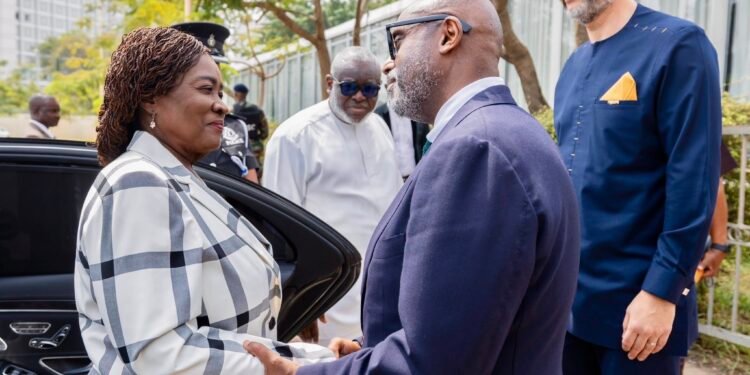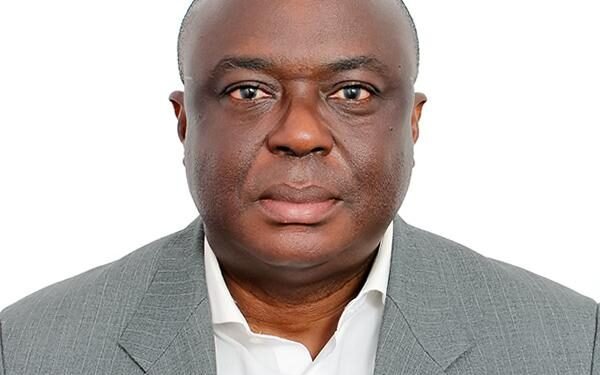The Bank of Ghana (BoG) has urged the government to ensure efficiency in debt management to contain the heightened risk of debt sustainability currently facing the country. According to the BoG, it is appropriate for the government to signal its commitment to fiscal consolidation to the market by ensuring a strong vigilance and complementarity in fiscal and monetary policies.
The BoG gave this advice when the Monetary Policy Committee (MPC) of the Bank conducted its recent assessment of the current developments in the Ghanaian economy. Whilst the MPC was satisfied with the trajectory of the country’s price movements, a resilient banking sector and general uptick in economic activity, it was worried about the rising debt stock.
“At 76.6 percent of GDP in May 2021, the level of public debt raises debt sustainability concerns and the Committee reiterated the importance and urgency of fiscal consolidation efforts. Greater efficiency in debt management would be required, especially in the face of potential further tightening of global financing conditions which could heighten rollover risks and access to new financing in the outlook”.
Budget deficit
On fiscal operations, the budget deficit exceeded its target in the first five months of the year mainly on the back of revenue underperformance. Provisional data from the BoG on the budget execution for the first five months of 2021 indicated an overall broad cash budget deficit of 4.6 percent of GDP, against the target of 4.4 percent of GDP.
Also, the primary balance recorded a deficit of 1.6 percent of GDP compared to the target deficit of 0.9 percent of GDP. Over the period, total revenue and grants amounted to GH¢22.6 billion (5.2 percent of GDP), below the projected GH¢26.0 billion (6.0 percent of GDP).

Similarly, total expenditures and arrears clearance amounted to GH¢42.7 billion (9.8 percent of GDP), marginally below the programmed target of GH¢45.0 billion (10.4 percent of GDP).
These developments impacted the stock of public debt which increased to GH¢332.4 billion at the end of May 2021, accounting for 76.6 percent of GDP compared with a debt stock of GH¢291.6 billion, representing 76.1 percent of GDP at the end of December 2020.
Of the total debt stock, domestic debt was GH¢170.8 billion, accounting for 39.4 percent of GDP while the external debt was GH¢161.5 billion, representing 37.2 percent of GDP.
Need to align expenditure to revenue
As such the Central Bank indicated that going forward, expenditure has to be aligned to revenue performance to support the fiscal consolidation efforts.
Despite the rising debt stock which reflect increasing borrowing, especially from the domestic market, developments in interest rates broadly showed a downward trend across the yield curve. The 91-day and 182-day Treasury bill rates declined to 12.7 percent and 13.4 percent respectively in June 2021 from about 14.0 percent for both instruments in June 2020.
Similarly, the rate on the 364-day instrument decreased marginally to16.3 percent from 16.9 percent over the same comparative period. Overall, the Bank of Ghana indicated that rates on all the medium- to long-term instruments generally declined over the review period. This however, did not reflect so much on domestic demand for the debt instruments over the period.
READ ALSO: Continued sluggishness in new lending by banks could undermine growth momentum – BoG























